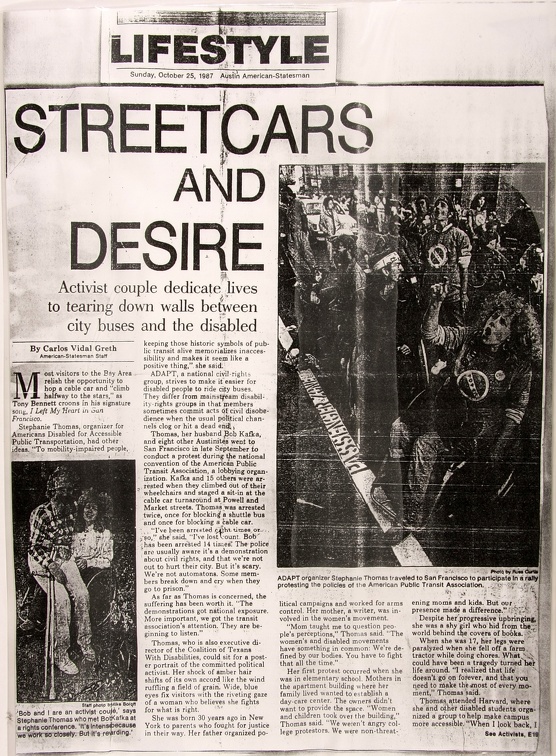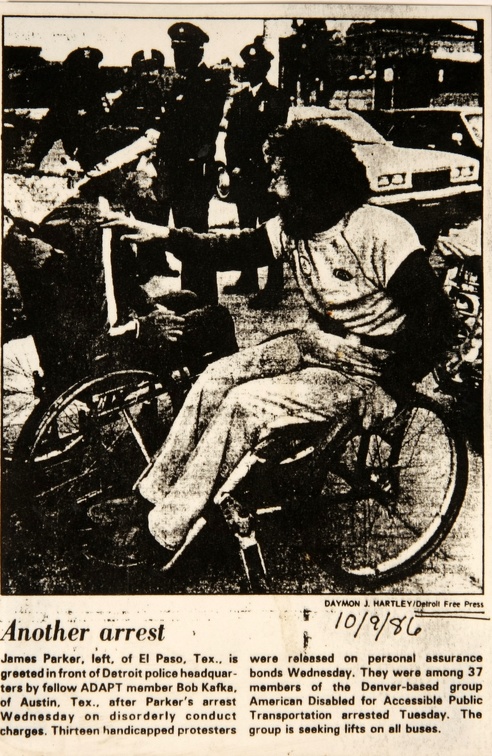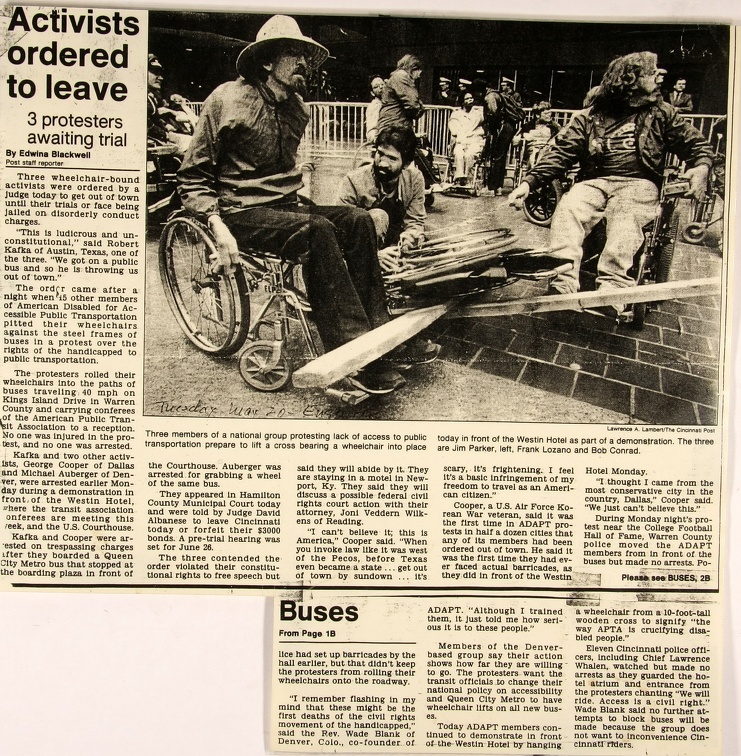- ΤαξινόμησηΠροεπιλεγμένη
Όνομα φωτογραφίας, A → Z
✔ Όνομα φωτογραφίας, Z → A
Ημέρα δημιουργίας, νεότερη → παλαιότερη
Ημέρα δημιουργίας, παλαιότερη → νεότερη
Ημέρα καταχώρησης, πρόσφατη → παλαιότερη
Ημέρα καταχώρησης, παλαιότερη → πρόσφατη
Βαθμολογία κατάταξης, υψηλή → χαμηλή
Βαθμολογία κατάταξης, χαμηλή → υψηλή
Επισκέψεις, περισσότερες → λιγότερες
Επισκέψεις, λιγότερες → περισσότερες - ΓλώσσαAfrikaans Argentina AzÉrbaycanca
á¥áá áá£áá Äesky Ãslenska
áá¶áá¶ááááá à¤à¥à¤à¤à¤£à¥ বাà¦à¦²à¦¾
தமிழ௠à²à²¨à³à²¨à²¡ ภาษาà¹à¸à¸¢
ä¸æ (ç¹é«) ä¸æ (é¦æ¸¯) Bahasa Indonesia
Brasil Brezhoneg CatalÃ
ç®ä½ä¸æ Dansk Deutsch
Dhivehi English English
English Español Esperanto
Estonian Finnish Français
Français Gaeilge Galego
Hrvatski Italiano Îλληνικά
íêµì´ LatvieÅ¡u Lëtzebuergesch
Lietuviu Magyar Malay
Nederlands Norwegian nynorsk Norwegian
Polski Português RomânÄ
Slovenšcina Slovensky Srpski
Svenska Türkçe Tiếng Viá»t
Ù¾Ø§Ø±Ø³Û æ¥æ¬èª ÐÑлгаÑÑки
ÐакедонÑки Ðонгол Ð ÑÑÑкий
СÑпÑки УкÑаÑнÑÑка ×¢×ר×ת
اÙعربÙØ© اÙعربÙØ©
Αρχική / Λευκώματα / Ετικέτες Bob Kafka + Jim Parker
+ Jim Parker + lifts on all NEW buses
+ lifts on all NEW buses 3
3

 ADAPT (354)
ADAPT (354)
Austin American-Statesman Sunday, October 25, 1987 Lifestyle section Title: Streetcars and Desire Activist couple dedicate lives to tearing down walls between city buses and the disabled By Carlos Vidal Greth, American-Statesman Staff (This is a compilation of the article that is on ADAPT 354 and ADAPT 353. The content is all included here for easier reading.) Most visitors to the Bay Area relish the opportunity to hop a cable car and "climb halfway to the stars," as Tony Bennett croons in his signature song, I Left My Heart in San Francisco. Stephanie Thomas, organizer for Americans Disabled for Accessible Public Transportation, had other ideas. "To mobility-impaired people, keeping those historic symbols of public transit alive memorializes inaccessibility and makes it seem like a positive thing," she said. ADAPT, a national civil-rights group, strives to make it easier for disabled people to ride city buses. They differ from mainstream disability-rights groups in that members sometimes commit acts of civil disobedience when the usual political channels clog or hit a dead end. Thomas, her husband Bob Kafka, and eight other Austinites went to San Francisco in late September to conduct a protest during the national convention of the American Public Transit Association, a lobbying organization. Kafka and 15 others were arrested when they climbed out of their wheelchairs and staged a sit-in at the cable car turnaround at Powell and Market streets. Thomas was arrested twice, once for blocking a shuttle bus and once for blocking a cable car. "I've been arrested eight times or so," she said. "I've lost count. Bob has been arrested 14 times. The police are usually aware it's a demonstration about civil rights, and that we're not out to hurt their city. But it's scary. We're not automatons. Some members break down and cry when they go to prison." As far as Thomas is concerned, the suffering has been worth it. "The demonstrations got national exposure. More important, we got the transit association's attention. They are beginning to listen." Thomas, who is also executive director of the Coalition of Texans With Disabilities, could sit for a poster portrait of the committed political activist. Her shock of amber hair shifts of its own accord like the wind ruffling a field of grain. Wide, blue eyes fix visitors with the riveting gaze of a woman who believes she fights for what is right. She was born 30 years ago in New York to parents who fought for justice in their way. Her father organized political campaigns and worked for arms control. Her mother, a writer, was involved in the women's movement. "Mom taught me to question people's perceptions," Thomas said. "The women's and disabled movements have something in common: We're defined by our bodies. You have to fight that all the time." Her first protest occurred when she was in elementary school. Mothers in the apartment building where her family lived wanted to establish a day-care center. The owners didn't want to provide the space. "Women and children took over the building," Thomas said. "We weren't angry college protestors. We were non-threatening moms and kids. But our presence made a difference." Despite her progressive upbringing, she was a shy girl who hid from the world behind the covers of books. When she was 17, her legs were paralyzed when she fell off a farm tractor while doing chores. What could have been a tragedy turned her life around. "I realized that life doesn't go on forever, and that you need to make the most of every moment," Thomas said. Thomas attended Harvard, where she and other disabled students organized a group to help make campus more accessible. "When I look back, I see we were very tame,” she said. “We were polite but usually got what we asked for.” Over the years, Thomas became increasingly active in disability rights. She got involved in independent living centers, communities of disabled people supporting one another so they can live with dignity outside institutions. In the early 1980s, she joined the Austin Resources Center for Independent Living. She went to work for the Coalition of Texans With Disabilities in 1985. The 9-year-old coalition lobbies for, represents and coordinates 90 organizations (including ADAPT) concerned with disabilities, as well as the more than 2 million disabled Texans. “It is the collective voice for the disabled in Texas,” said Kaye Beneke, spokeswoman for the Texas Rehabilitation Commission. "They’re committed - the members live every day with the problems they try to solve. “Stephanie understands there’s a spectrum of political views in the coalition, which tend to be more middle-of-the-road than ADAPT. She takes responsibility for the representing of all those views. But don’t call the coalition passive. They’ve had their way in the legislature and on the local level.” As a leader in two of Texas major disability-rights organizations, Thomas has her hands full. It helps having Bob Kafka, who broke his back in a car accident in 1973, at her side. The experienced trouble maker -- albeit trouble for a good cause -- has made a name for himself. He won the Governor’s Citation for Meritorious Service in 1986. Appropriately, Kafka met Thomas at a disability-rights conference. “Stephanie was real involved, real committed and real attractive,” he said. Sharing home and office has increased their commitment to the cause they serve- and to each other. “Bob and I are an activist couple,” Thomas said. “It’s intense because we work so closely. But it’s rewarding. It has made us an incredibly tight couple.” Thomas has to rework her concept of activism when she joined ADAPT. “Demonstrations force the public to look at disabled people in a different light,” she said. “The cripple is the epitome of powerlessness. We say we’re sorry if it scares you to look at me, but we have to live our lives.” Confrontation, however can cost allies as well as foes. This year, the Paralyzed Veterans of America severed ties with ADAPT and any organization "advocating illegal civil disobedience.” “Our charter states that we must act in accordance with the laws of the land,” said Phil Rabin, director of education. “To act otherwise would be to violate our charter. “The veterans and ADAPT members share first-hand the frustration of living in a society that is not accessible to the disabled. We don’t want to fight ADAPT. It’s a waste of precious resources to divert our energies.” Though Thomas’ group is controversial, it has achieved many of its goals. Albert Engleken, deputy executive director for the American Public Transit Association in Washington, D.C., acknowledged that ADAPT’s street theater has had some effect. In September his organization created a task force to study the issue of providing service for disabled, he said. Engelken, however is not a convert to their cause. “ADAPT wants a lift on every transit bus in the country,” Engelken said. “We believe it should be left to local transit authorities to decide how to handle transportation for disabled people. Transit officials are not robber barons. We’re paid by the public to provide the most mobility for the most people.” Thomas knows how to work within the system. Ben Gomez, director of development for Capital Metro, said ADAPT members have been effective on the Mobility Impaired Service Advisory Committee, which makes recommendations on service to the transit authority board of directors. “They’re well-organized,” Gomez said. “We don’t always agree on the approach and issues. We’ve made many of the adjustments they’ve asked for, but not always within their time frame.” The concessions have been gratifying, but Thomas has only begun to fight. “ADAPT took a dead issue änd made it hot again,” she said. For information on American Disabled for Accessible Public Transportation, write to ADAPT of Texas, 2810 Pearl, Austin 78705/ To learn more about the Coalition of Texans With Disabilities, call 443-8252, or write to P.O. Box 4709, Austin 78765. [curator note: addresses and phone numbers no longer valid] Staff Photo by Mike Boroff: A man (Bob Kafka) with Canadian (wrist cuff) crutches, a plaid shirt, light colored jeans and sneakers sits in the lap of a woman (Stephanie Thomas) with wild big hair and a button down shirt. She is sitting in a manual wheelchair. Caption reads: "Bob and I are an activist couple,” says Stephanie Thomas who met Bob Kafka at a rights conference. “It’s intense because we work so closely. But it’s rewarding.” Photo by Russ Curtis: A group of protesters are looking up at something over their heads and their mouths are open shouting. In the front of the picture a woman in a manual wheelchair (Stephanie Thomas) is sitting on a line on the pavement that reads passenger zone. She has her finger raised pointing and is wearing a t-shirt with the ADAPT no-steps logo. Beside her is a man (Jim Parker) with a headband looking back over his shoulder, beside him another man in a wheelchair. Behind Jim stands a woman (Babs Johnson) with her arms by her sides and her mouth open yelling. Behind her a line of other protesters is arriving. Caption reads: ADAPT organizer Stephanie Thomas traveled to San Francisco to participate in a rally protesting the policies of the American Public Transit Association. ADAPT (272)
ADAPT (272)
Detroit Free Press 10/9/86 PHOTO by Damon J. Hartley/Detroit Free Press: Two men in wheelchairs sit side by side but facing in opposite directions. One man, in a sports chair, who is dressed mostly in light colored clothes, has a bushy crop of dark hair and a mustache and beard (Bob Kafka). The other, in a more conventional manual chair without armrests, is dressed in dark clothes and has a headband and long hair and beard (Jim Parker). Bob has his inside arm up and his hand on Jim's shoulder. Behind them four uniformed police officers watch. Caption reads: Another Arrest James Parker, left, of El Paso, Tex., is greeted in front of Detroit police headquarters by fellow ADAPT member Bob Kafka, of Austin. Tex., after Parker’s arrest Wednesday on disorderly conduct charges. Thirteen handicapped protesters were released on personal assurance bonds Wednesday. They were among 37 members of the Denver-based group American Disabled for Accessible Public Transportation arrested Tuesday. The group is seeking lifts on all buses. ADAPT (253)
ADAPT (253)
The Cincinnati Post Tuesday May 20 - Photo by Lawrence A. Lambert/The Cincinnati Post: A man (Jim Parker) in a big straw hat and a manual wheelchair sits holding a wooden structure on his feet. Beside him, on his left, a man with dark hair and a dark beard (Frank Lozano) kneels, attaching a folded manual wheelchair to the crossed wood. To his left, another man (Bob Conrad) in a power chair a jacket and an ADAPT shirt, with the access symbol and an equal sign in the wheel, points at what Frank is doing and looks off to his right. Over Bob's right shoulder you can see Bobby Simpson and an African American woman (Gwen Hubbard?) up against some police barriers; the woman is talking with someone. To their right and over Frank's head you can see another man in a wheelchair watching as a woman stands beside him. Over Jim's shoulder you can see another protester in a wheelchair. In the background is the cavernous black of the hotel entrance which is blocked by metal barricades and guarded by police. caption reads: Three members of a national group protesting lack of access to public transportation prepare to lift a cross bearing a wheelchair into place today in from of the Westin Hotel as part of a demonstration. The three are Jim Parker, left, Frank Lozano and Bob Conrad. Title: Activists ordered to leave 3 protesters awaiting trial By Edwin: Blackwell, Post staff reporter Three wheelchair-bound activists were ordered by a judge today to get out of town until their trials or face being jailed on disorderly conduct charges. “This is ludicrous and unconstitutional," said Robert Kafka of Austin, Texas, one of the three. "We got on a public bus and so he is throwing us out of town." The order came after a night when 15 other members or American Disabled for Accessible Public Transportation pitted their wheelchairs against the steel frames of buses in a protest over the rights of the handicapped to public transportation. The protesters rolled their wheelchairs into the paths of buses traveling 40 mph on Kings Island Drive in Warren County and carrying conferees of the American Public Transit Association to a reception. No one was injured in the protest, and no one was arrested. Kafka and two other activists, George Cooper of Dallas and Michael Auberger of Denver, were arrested earlier Monday during a demonstration in front of the Westin Hotel, where the transit association conferees are meeting this week, and the U.S. Courthouse. Kafka and Cooper were arrested on trespassing charges after they boarded a Queen City Metro bus that stopped at the boarding plaza in front of the Courthouse. Auberger was arrested for grabbing a wheel of the same bus. They appeared in Hamilton County Municipal Court today and were told by Judge David Albanese to leave Cincinnati today or forfeit their $3000 bonds. A pre-trial hearing was set for June 26. The three contended the order violated their constitutional rights to free speech but said they will abide by it. They are staying in a motel in Newport, Ky. They said they will discuss possible federal civil rights court action with their attorney, Joni Veddern Wilkens of Reading. "I can’t believe it; this is America," Cooper said. “When you invoke law like it was west of the Pecos, before Texas even became a state . .. get out of town by sundown ... it's scary, it's frightening. I feel it's a basic infringement of my freedom to travel as an American citizen." Cooper, a U.S. Air Force Korean Wax veteran, said it was the first time in ADAPT protests in half a dozen cities that any of its members had been ordered out of town. He said it was the first time they had ever faced actual barricades, as they did in front at the Westin Hotel Monday. “I thought I came from the most conservative city in the country, Dallas," Cooper said. "We just can't believe this." During Monday night's protest near the College Football Hall of Fame, Warren County police moved the ADAPT members from in front of the buses but made no arrests. Police had set up barricades by the hall earlier, but that didn't keep the protesters from roiling their wheelchairs onto the roadway. “I remember flashing in my mind that these might be the first deaths of the civil rights movement of the handicapped," said the Rev. Wade Blank of Denver, Colo., co-founder of ADAPT. “Although I trained them, it just told me how serious it is to these people." Members of the Denver based group say their action shows how far they are willing to go. The protesters want the transit officials to change their national policy on accessibility and Queen City Metro to have wheelchair lifts on all new buses. Today ADAPT members continued to demonstrate in front of the Westin Hotel by hanging a wheelchair from a 10-foot-tall wooden cross to signify “the way APTA is crucifying disabled people." Eleven Cincinnati police officers, including Chief Lawrence Whalen, watched but made no arrests as they guarded the hotel atrium and entrance from some protesters chanting “We will ride. Access is a civil right." Wade Blank said no further attempts to block buses will be made because the group does not want to inconvenience Cincinnati riders.